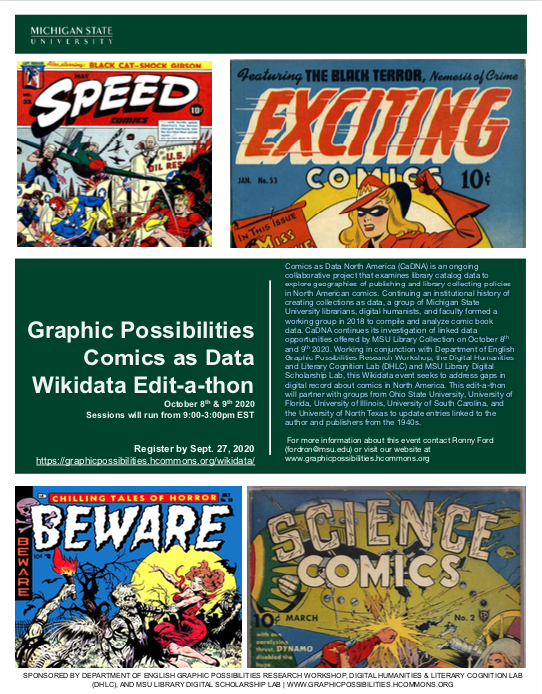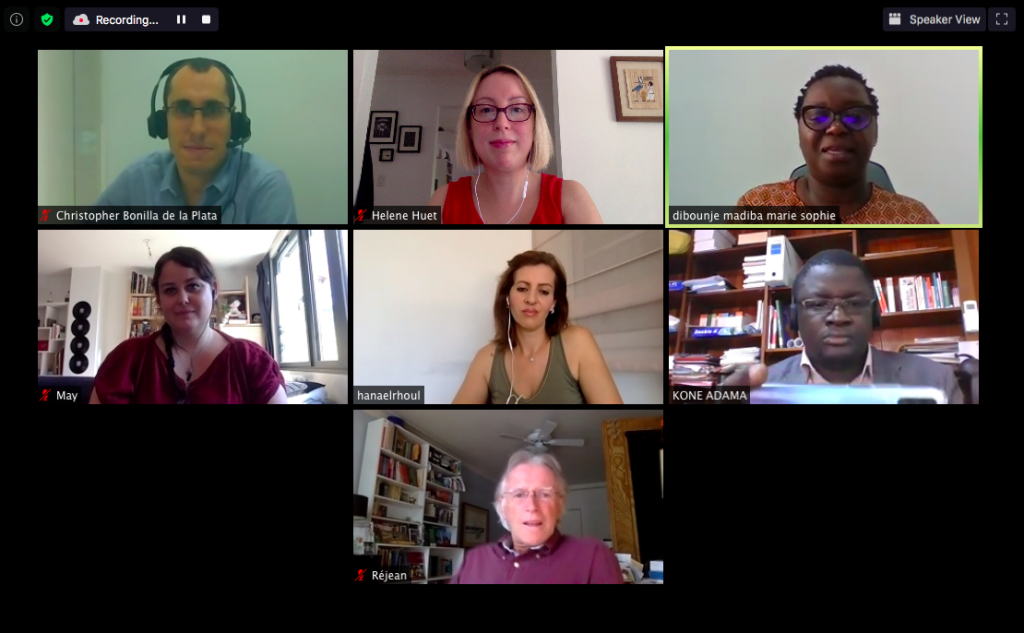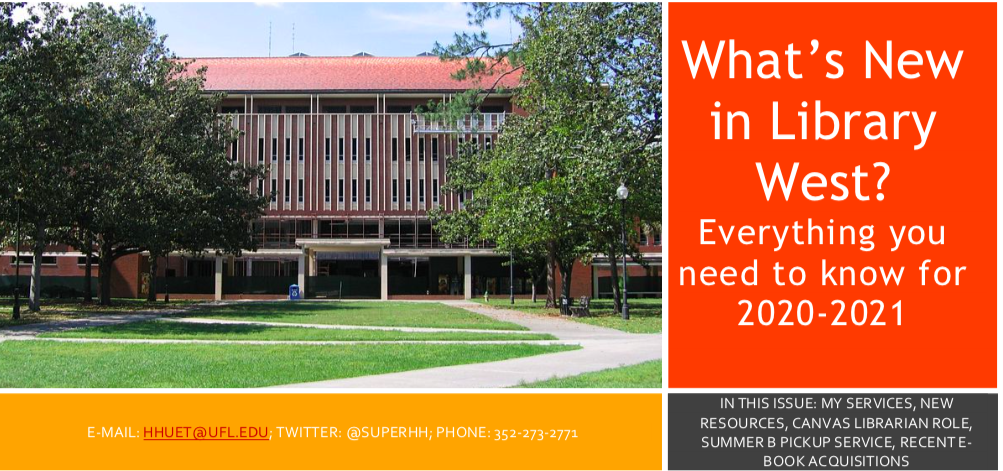Monday Oct. 5. Getting Started: Finding Scholarly Materials for Your Research
Hélène Huet Ph.D. European Studies Librarian
In this session, you will learn how to navigate the library’s website in order to find the books, articles, videos, and other materials needed for your research. You will also learn about various library and on-campus resources that will be of help during your academic career at the University of Florida.
Monday Oct. 12. Getting a Good Understanding: Learning Academic Critical Reading Skills
Megan Daly Ph.D. Classics, Philosophy and Religion Librarian
Feeling overwhelmed by the reading required for your graduate courses and research? This session will examine some critical reading strategies and open up discussion about how we read as academics.
Monday Oct. 19. Getting Published: Navigating the Peer Review Process
David Schwieder Ph.D. Political Science Librarian
This workshop provides an “authors-eye view” of the peer review process. Covered topics include selecting appropriate journals, understanding editors’ goals, formatting your manuscript, responding to reviews, and more.
Monday Oct. 26. Getting Your Classes on Track: Improving Your Teaching Skills
Sean Trainor Ph.D. Lecturer, Management Communication Center
New to teaching? Struggling to balance your teaching and research obligations? Then attend this session for some easy-to-implement tips on how to maximize your teaching effectiveness while minimizing teaching-related headaches.
ALL ONLINE ZOOM SESSIONS HELD DURING PERIOD 4 (10:40-11:30 a.m.)
NO REGISTRATION REQUIRED
OPEN TO ALL UF GRADUATE AND PROFESSIONAL STUDENTS
Message Hélène for zoom info.



